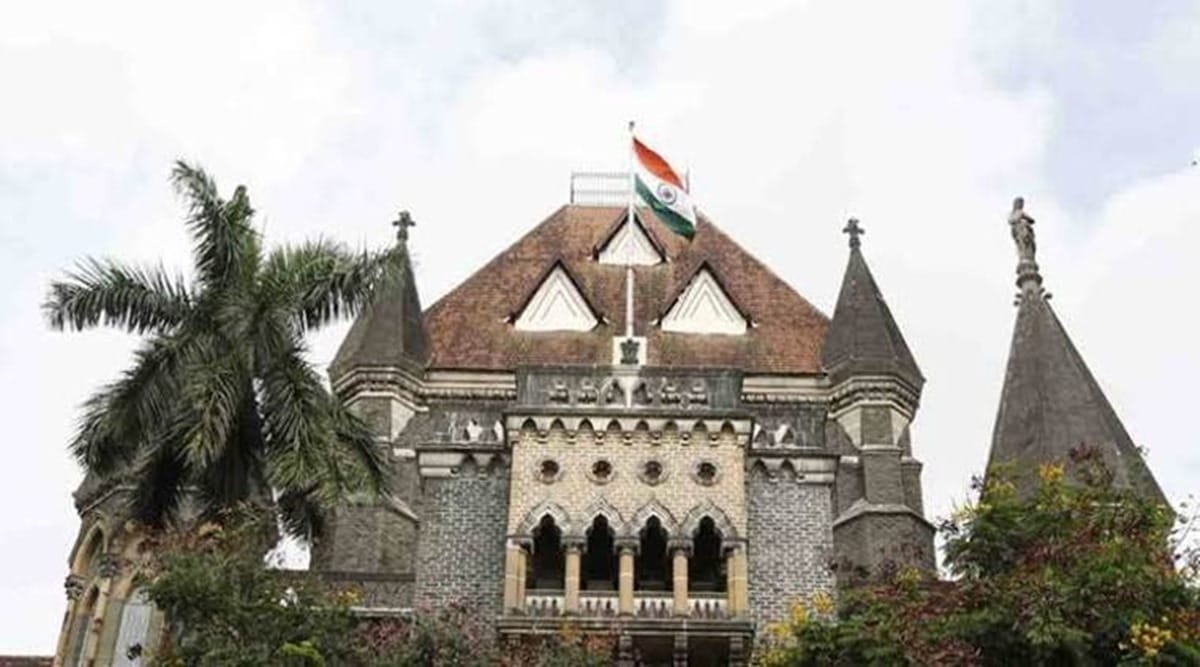 Disposing the plea, the court asked Maharashtra State Legal Services Authority to monitor the arrangement every three months for a period of two years. (File)
Disposing the plea, the court asked Maharashtra State Legal Services Authority to monitor the arrangement every three months for a period of two years. (File)The Bombay High Court on Thursday permitted a woman to be appointed as guardian to her husband, who has been lying in a comatose or vegetative state since 2018.
The court said that while there was no law on appointing guardians to such patients, the wife can be “best-suited” to be the guardian “as Hindu Vedic philosophy considers marriage as a union of two souls for life”.
A division bench of Justice Ujjal Bhuyan and Justice Milind N Jadhav was hearing a plea by a woman — filed through advocate Kenny V Thakkar — seeking to appoint her as a guardianto her 42-year-old husband, who had suffered a cardiac arrest while jogging in November 2018, leading to sudden unresponsiveness.
The woman submitted that since her husband was not in a position to use intellect, converse and sign documents, she was required to act as his guardian to safeguard his business and other interests. She had requested the banks to allow her to sign cheques in place of her husband, but was denied permission, the plea said.
The petitioner has two sons, one of whom is a minor, and a dependent mother-in-law, the plea stated, adding that with medical bills increasing, she was helpless.
In its 22-page order, the HC said: “The plea raises an important issue of significant public interest though essentially grievance of the petitioner is private.”
Referring to Hindu Vedic philosophy, it noted, “According to Hindu Vedic philosophy, marriage is a sanskar or a sacrament. What is essentially contemplated is a union of two souls. Both the halves are equal and one-half is incomplete without the other. As long as the wife survives, one half of the husband survives. Ancient Hindu tradition says that a man’s life can never be complete without a wife i.e., his ‘ardhangini’ or his better half. They are considered to be equal partners.”
“At present, there is no legislation in India relating to appointment of guardians to parties lying in comatose or vegetative state,” it added while noting that the couple got married in 1999 and more than 20 years have gone by.
“Twenty years is a long enough period to judge stability of a relationship… Though in today’s world, a stray case of foul play cannot be ruled out, it will be wrong on our part to take such a jaundiced view of any claim made by a wife to guardianship of her husband, who is lying in a vegetative state. Therefore, we see no impediment in accepting the claim of the petitioner to be the guardian of her husband,” the court said.
It also said that monitoring was essential to the functioning of the petitioner as a guardian, “albeit for a limited duration”. Disposing the plea, the court asked Maharashtra State Legal Services Authority to monitor the arrangement every three months for a period of two years.